10 Essential Nutritional Supplements for Aging Gracefully
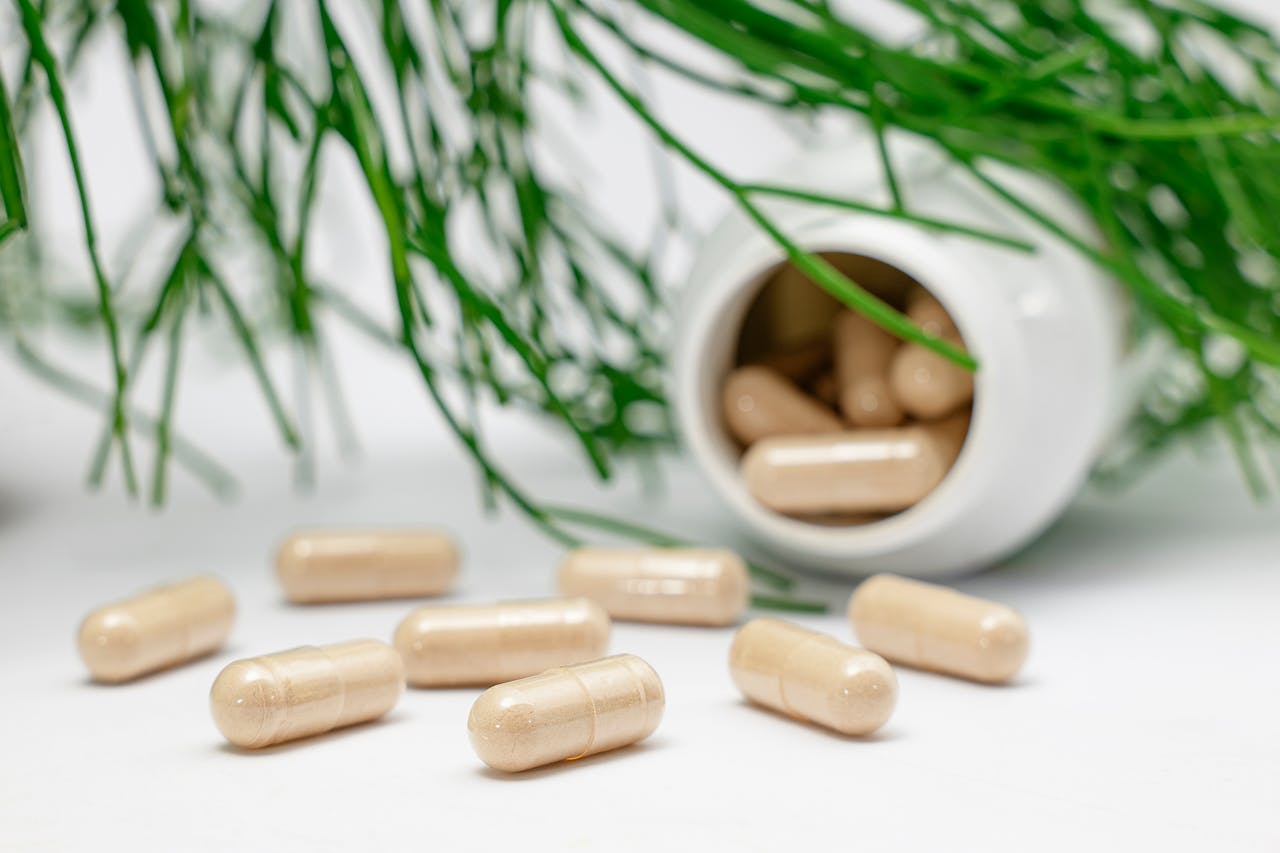
1. Omega-3 Fatty Acids
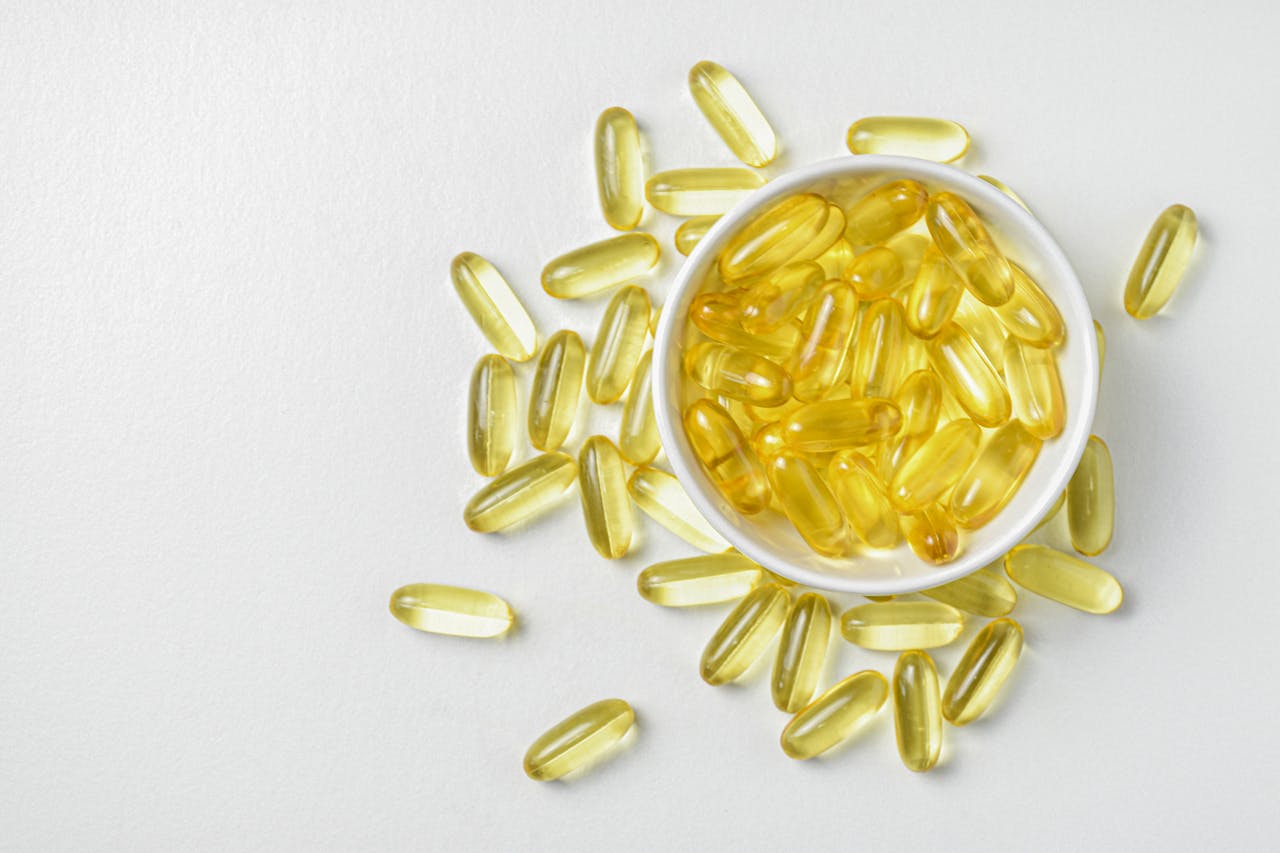
Omega-3 fatty acids, found in fish oil and certain algae, are crucial for brain health, cardiovascular health, and joint flexibility. As we age, inflammation can become a more common issue, leading to joint discomfort and other inflammatory-related conditions. Omega-3s are powerful anti-inflammatory agents that can help reduce this risk while also supporting heart health by lowering triglycerides and reducing blood pressure. Omega-3s may even have benefits for cognitive function, potentially lowering the risk of dementia and Alzheimer’s disease. If you’re not consuming fatty fish regularly, a daily Omega-3 supplement can provide a convenient and effective source of these essential fats.
2. Vitamin D
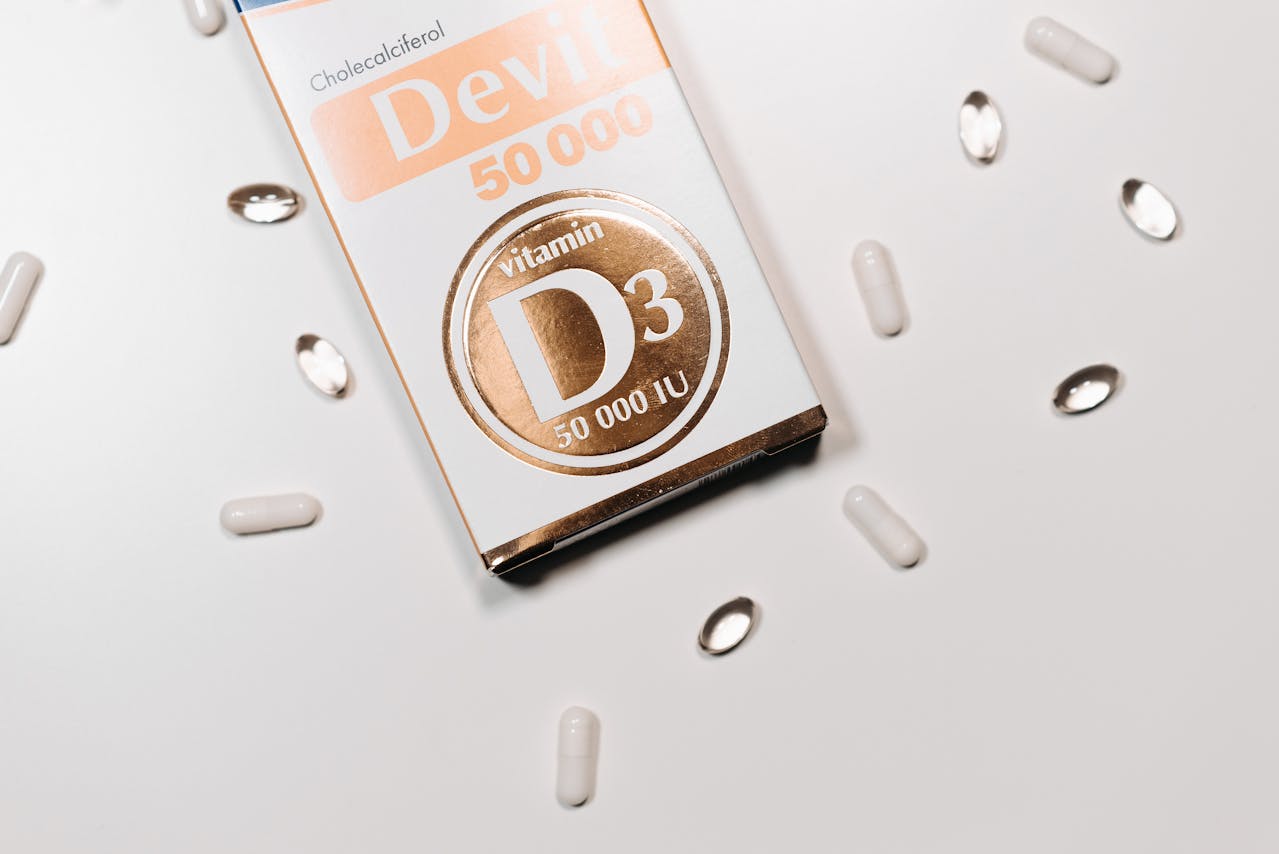
Vitamin D is often called the “sunshine vitamin” because our bodies produce it in response to sunlight. However, as we age, the skin’s ability to generate vitamin D diminishes, and many people—particularly those who live in cloudy regions or spend much time indoors—struggle to get enough. Vitamin D is crucial for bone health, as it helps the body absorb calcium more efficiently, reducing the risk of osteoporosis and fractures. It’s also essential for immune function, which naturally weakens with age. A daily supplement of vitamin D can help ensure that you meet the recommended levels, especially in the colder months or if you’re not often outside.
3. Calcium
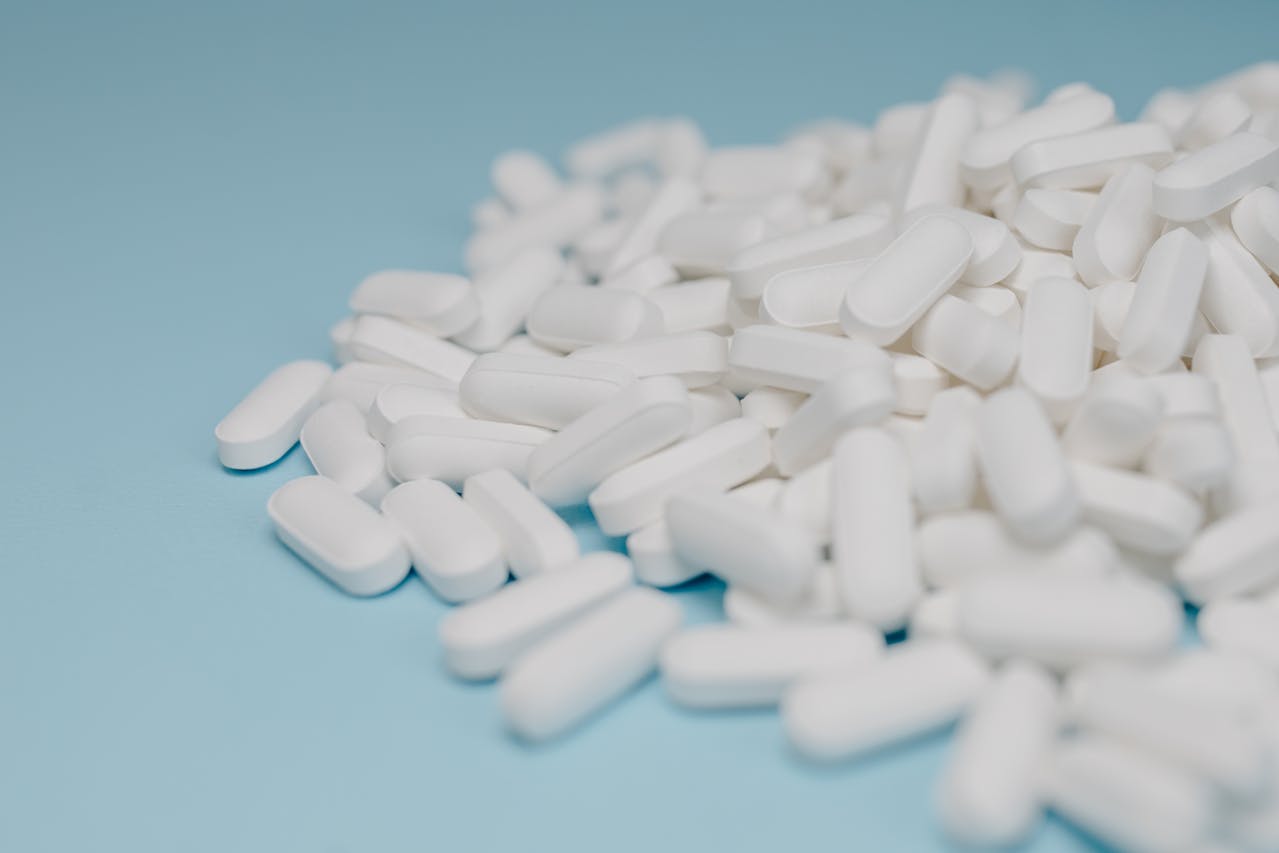
Bone density naturally decreases as we age, putting older adults, particularly women, at a higher risk of osteoporosis and fractures. Calcium is essential for maintaining strong bones and plays a role in muscle function and nerve transmission. While dietary sources of calcium, like dairy products and leafy greens, are beneficial, they may not be enough to meet daily requirements as you age. A calcium supplement can help bridge this gap, ensuring your bones stay strong and resilient, especially if you’re not consuming enough calcium-rich foods regularly.
4. Magnesium
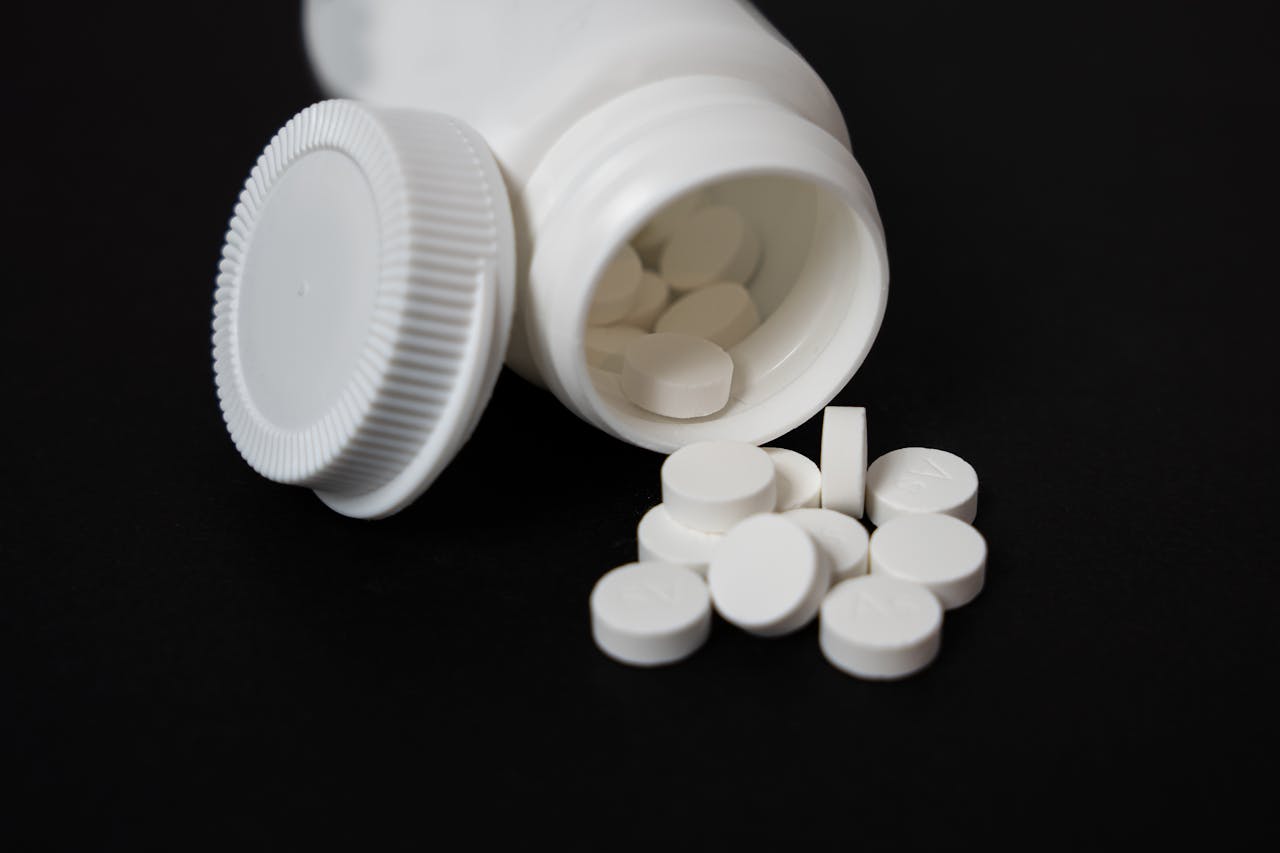
Magnesium is involved in over 300 biochemical reactions in the body, including muscle and nerve function, blood glucose control, and blood pressure regulation. However, magnesium levels can decrease with age due to changes in absorption and dietary intake. Many older adults are at risk of magnesium deficiency, which can lead to symptoms like muscle cramps, fatigue, and even heart arrhythmias. A magnesium supplement can help support heart health, bone density, and relaxation, making it a powerful ally in your journey to healthy aging.
5. Coenzyme Q10 (CoQ10)
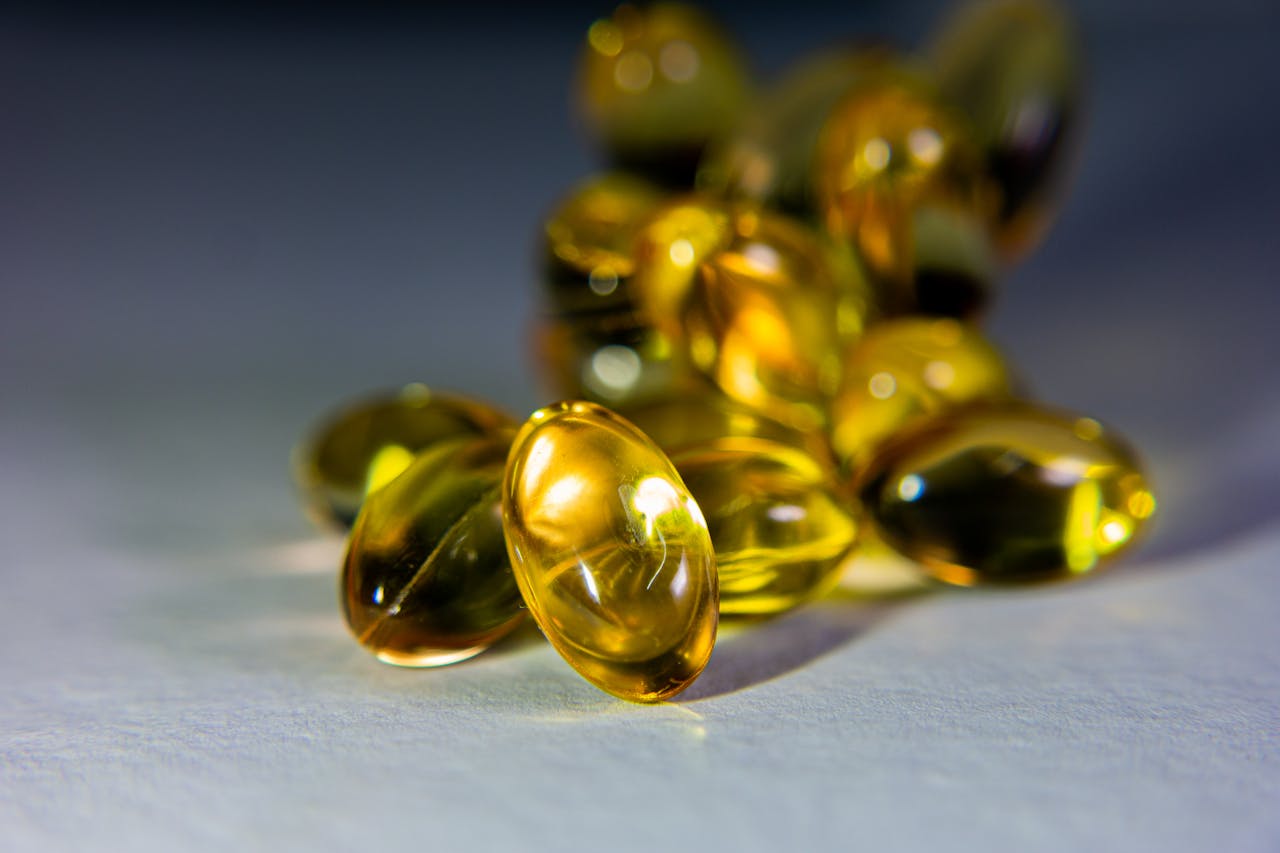
CoQ10 is a compound that helps produce energy in your cells, and its levels naturally decrease with age. Additionally, certain medications, such as statins, can further reduce CoQ10 levels, potentially leading to fatigue and muscle weakness. CoQ10 acts as an antioxidant, protecting cells from damage, and it’s particularly beneficial for cardiovascular health. By supplementing with CoQ10, you can help support cellular energy production, reduce oxidative stress, and promote heart health, especially if you’re on medications that deplete this essential nutrient.
6. B Vitamins
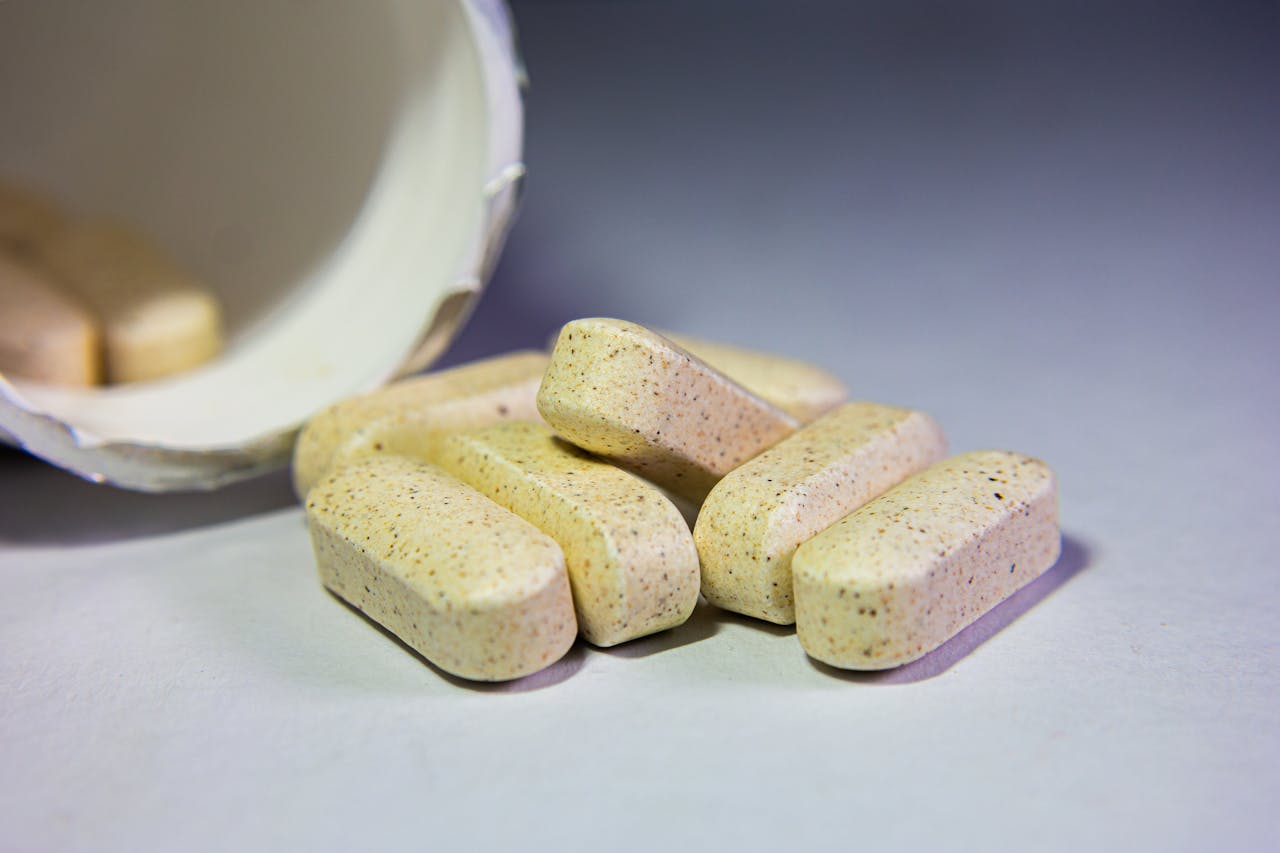
The B vitamins—particularly B6, B12, and folate—are essential for maintaining energy levels, supporting cognitive function, and promoting red blood cell production. As we age, the body’s ability to absorb B12 from food diminishes, putting older adults at risk of deficiency. B vitamins are crucial for nerve health and can also play a role in heart health by helping to regulate homocysteine levels, an amino acid linked to cardiovascular disease. A B-complex supplement can help support brain health, mood stability, and overall energy, especially for those following a plant-based diet or experiencing changes in digestion.
7. Vitamin C
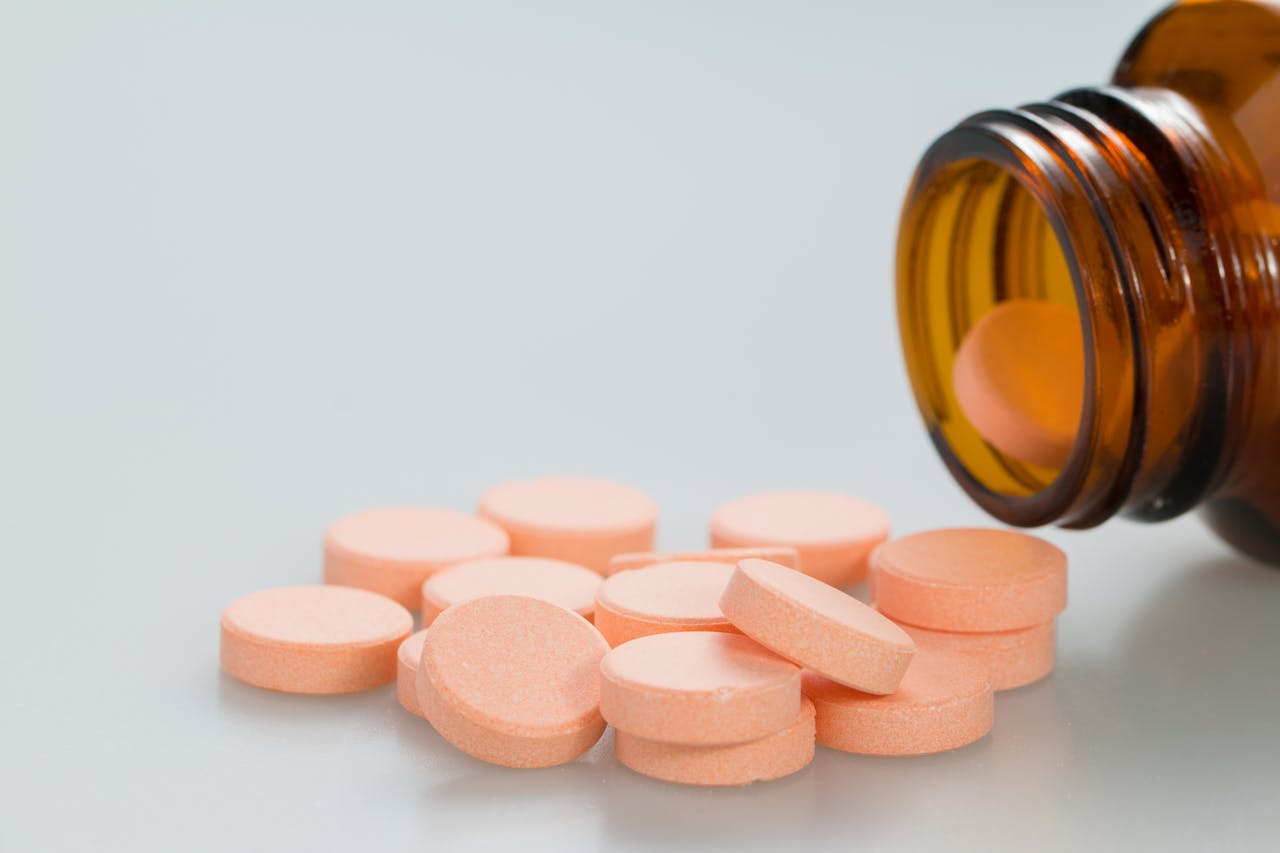
Vitamin C is a powerful antioxidant that can help protect your skin, joints, and immune system from age-related decline. This essential vitamin plays a role in collagen synthesis, which is critical for maintaining skin elasticity and joint health. It’s also well-known for supporting immune function, which tends to weaken with age. While vitamin C is found in many fruits and vegetables, supplementation can provide an extra boost, especially during cold and flu season or if you’re looking to protect your skin from oxidative stress.
8. Probiotics
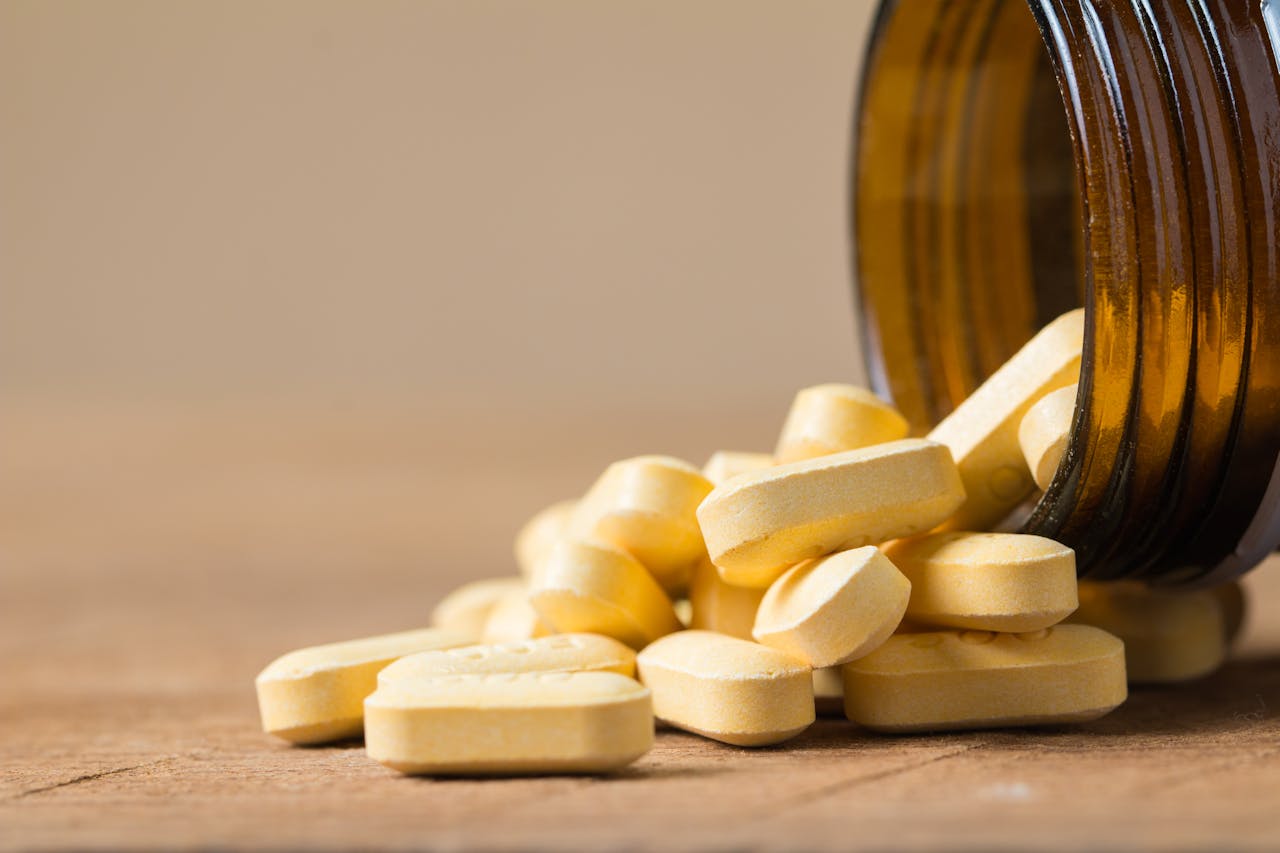
Aging brings changes to our gut health, impacting digestion, immunity, and nutrient absorption. Probiotics are beneficial bacteria that support a healthy gut microbiome, which in turn can boost immune function and help reduce digestive issues like bloating, constipation, and gas. They also play a role in mental health, as gut bacteria are linked to neurotransmitter production and mood regulation. A daily probiotic supplement can help maintain a balanced gut microbiome, reduce inflammation, and improve digestion, especially if you’ve taken antibiotics or experienced digestive issues.
9. Zinc

Zinc is a trace mineral that supports immune health, wound healing, and protein synthesis. As we age, our immune function naturally declines, making it easier to catch colds and other infections. Zinc is essential for immune response and can help shorten the duration of illnesses and enhance your body’s ability to repair itself. A zinc supplement can be particularly beneficial during cold and flu season or if you’re prone to infections. It’s also involved in skin health, which can be a bonus for those looking to keep their skin clear and healthy.
10. Collagen
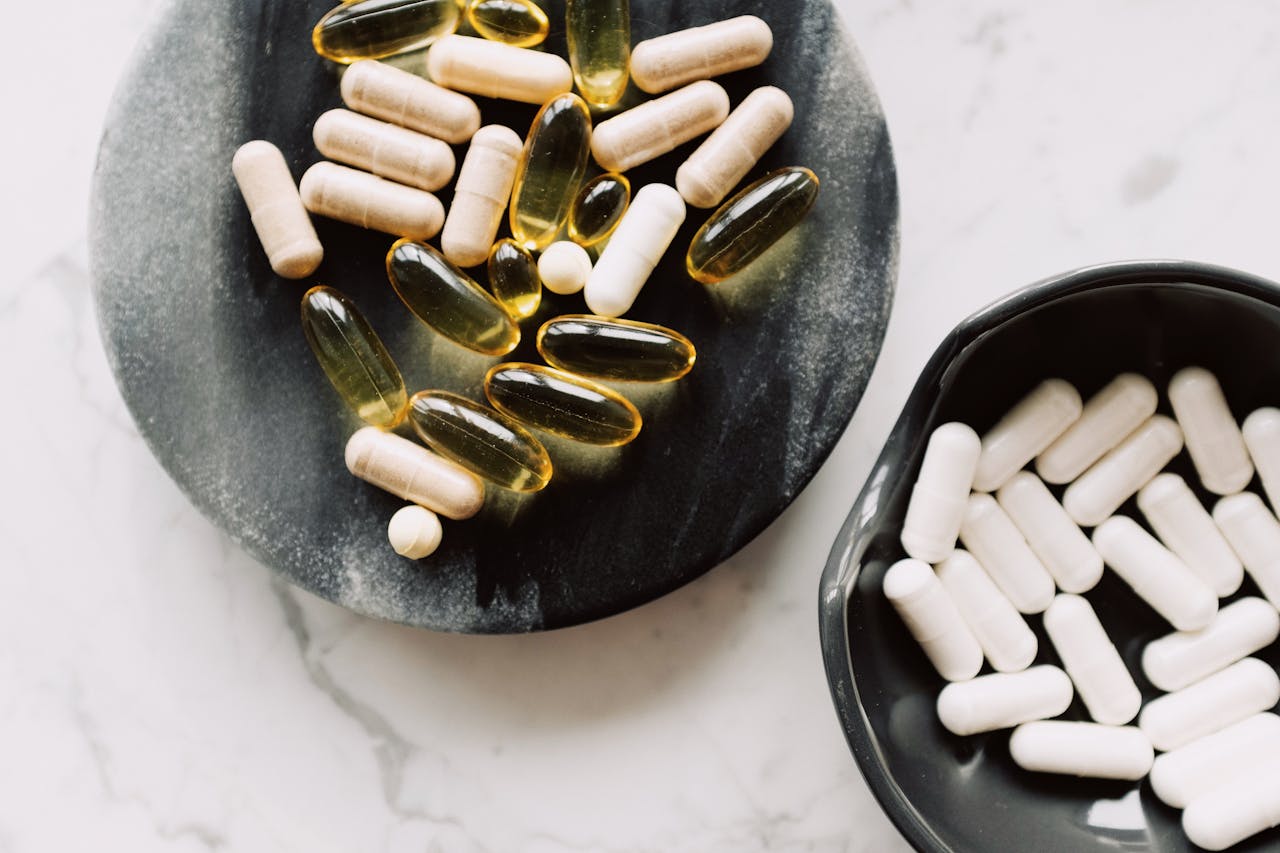
Collagen is the most abundant protein in our bodies, providing structure to our skin, hair, nails, and joints. However, as we age, collagen production declines, leading to wrinkles, thinning hair, and joint stiffness. A collagen supplement can help slow down this process, promoting firmer skin, stronger hair, and more flexible joints. It’s especially beneficial for those who suffer from joint pain, as it may reduce inflammation and improve mobility. Many people find that taking a collagen supplement regularly supports their overall appearance and keeps them feeling more youthful.
Final Thoughts
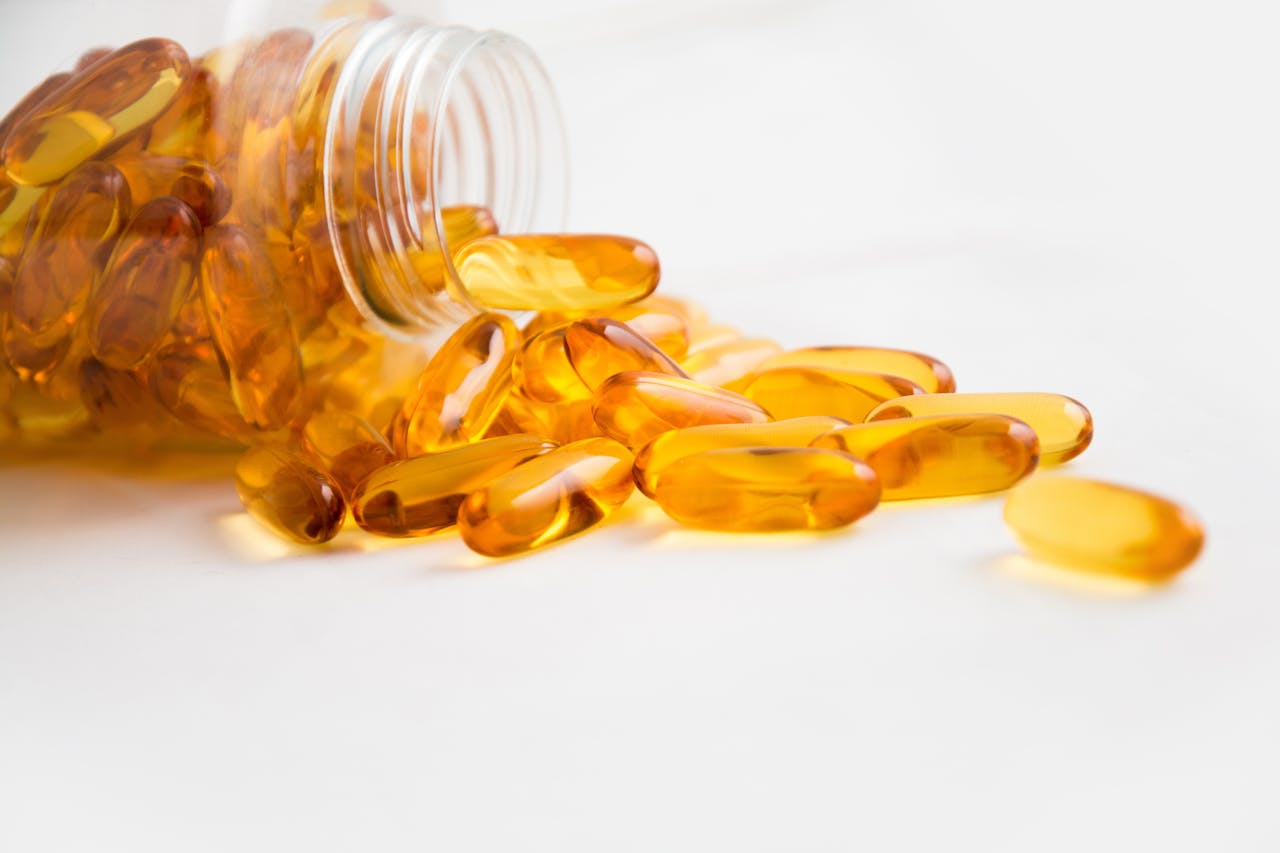
Each of these ten supplements offers distinct benefits that support a graceful aging process, helping you maintain energy, protect vital systems, and reduce the risk of age-related health issues. When incorporating supplements into your daily routine, it’s always a good idea to consult with your healthcare provider to ensure they’re suitable for your unique health needs and won’t interact with any medications you’re taking. Aging gracefully is not just about adding years to life but adding life to years. With the right nutrition and supplements, you can enjoy vitality and wellness well into your later years.
Leave a Reply